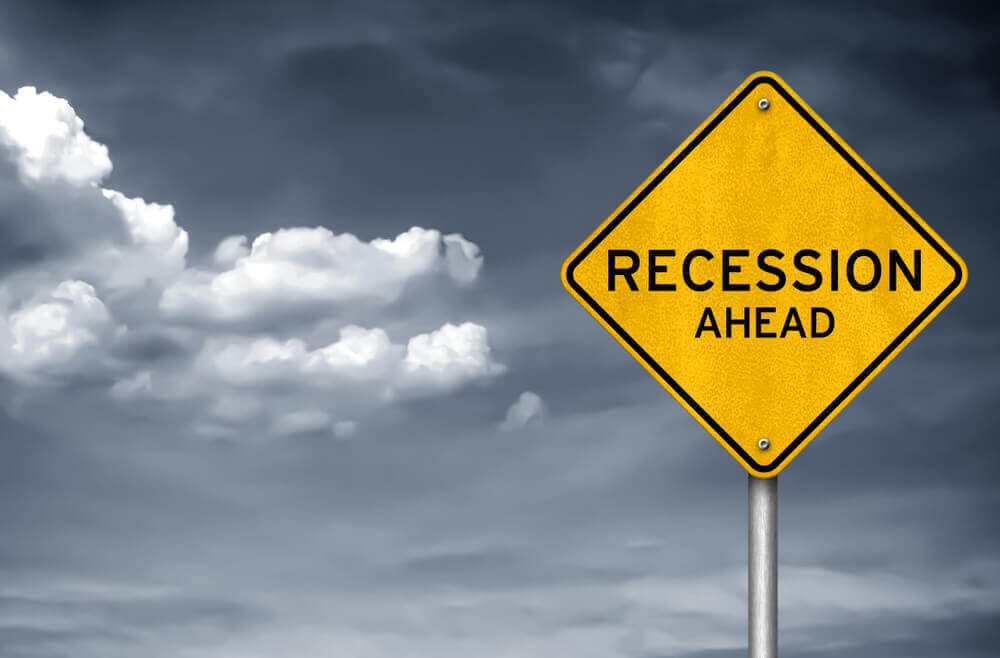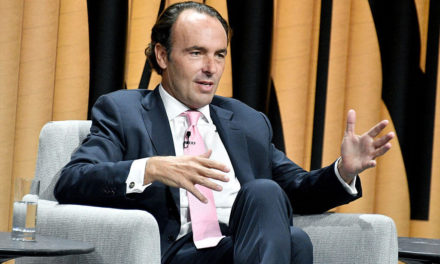If the U.S. continues to raise tariffs on Chinese imports and China responds in kind, we should expect a recession within nine months, Morgan Stanley said Monday.
“As we view the risk of further escalation as high, the risks to the global outlook are decidedly skewed to the downside,” chief economist Chetan Ahya said.
U.S. President Donald Trump unexpectedly announced last week that he would be instilling 10% tariffs on the remaining $300 billion in Chinese imports that had not been hit with levies yet. The U.S. already has 25% tariffs on about $250 billion worth of Chinese imports, and if the 10% tariffs move up to 25%, that’s when a global recession will hit within nine months, Ahya said.
“We would see the global economy entering recession in three quarters,” he said.
The newest tariffs “raise downside risks significantly,” Ahya said, adding they also will hit more Americans directly in their wallet.
“About two-thirds of goods tariffed in this round are consumer goods, which could lead to a more pronounced impact on the US as compared to earlier tranches,” Ahya said. “Trade tensions have pushed corporate confidence and global growth to multi-year lows.”
The Chinese yuan has already weakened to levels not seen since the 2008 financial crisis. Trump said Monday that China is engaging in currency manipulation, “which will greatly weaken China over time,” he tweeted.
“Global central banks, in particular the Fed and ECB, will provide additional monetary policy support,” Ahya said. “But these measures, while helpful in containing downside risks, will not be enough to drive a recovery until trade policy uncertainty dissipates.”
Andrew Collier, managing director of Orient Capital Research said the latest tariffs are a “sword at the throat” of the U.S. economy — not China’s.
“It’s obviously a very hard-line tactic but I think it’s … a sword at the throat of the American economy more than the Chinese economy,” he said on CNBC’s “Street Signs” program on Friday.
“We’re looking at a fairly significant weakness … within the U.S., so I don’t quite know what Trump’s expecting to do here,” he said.




